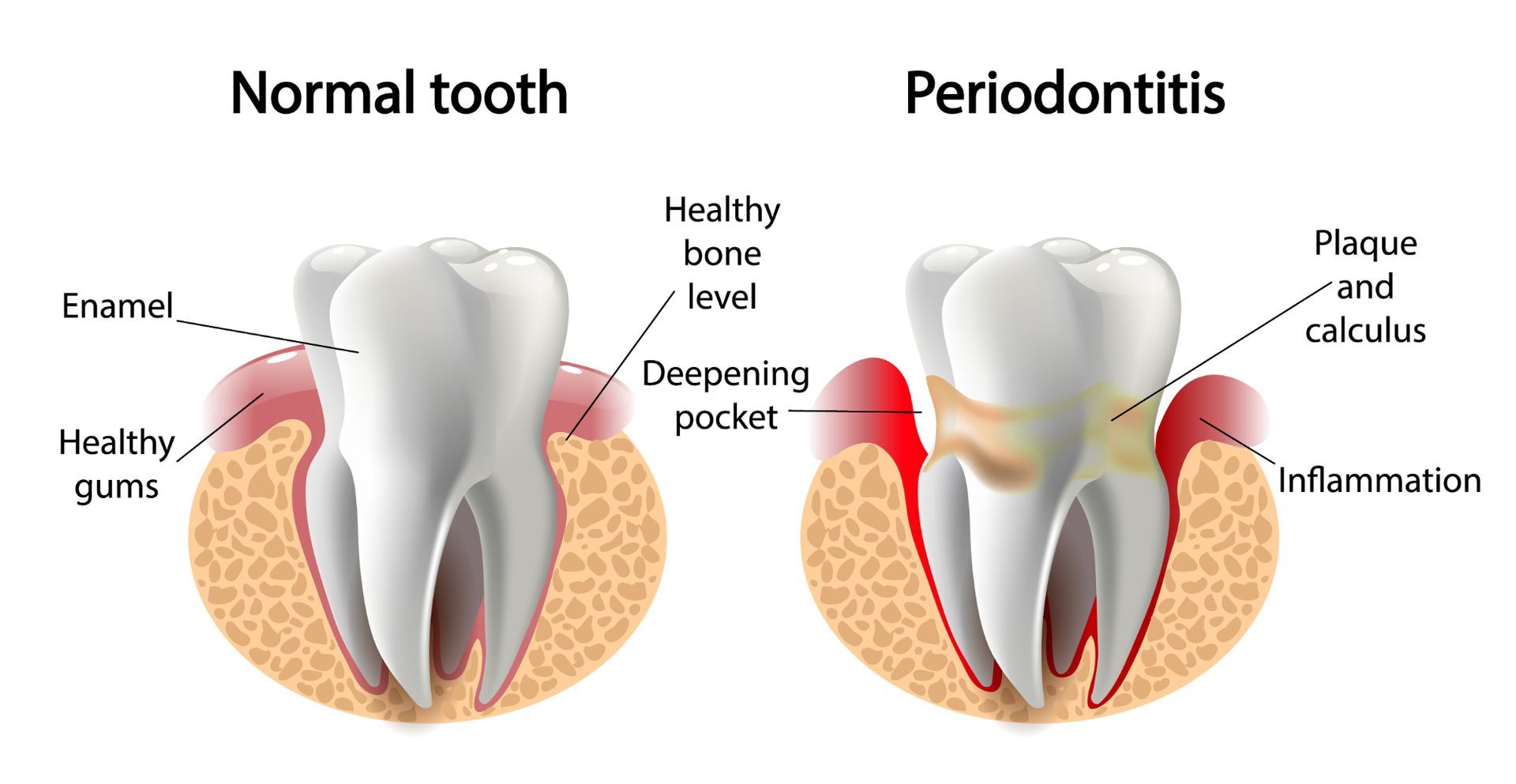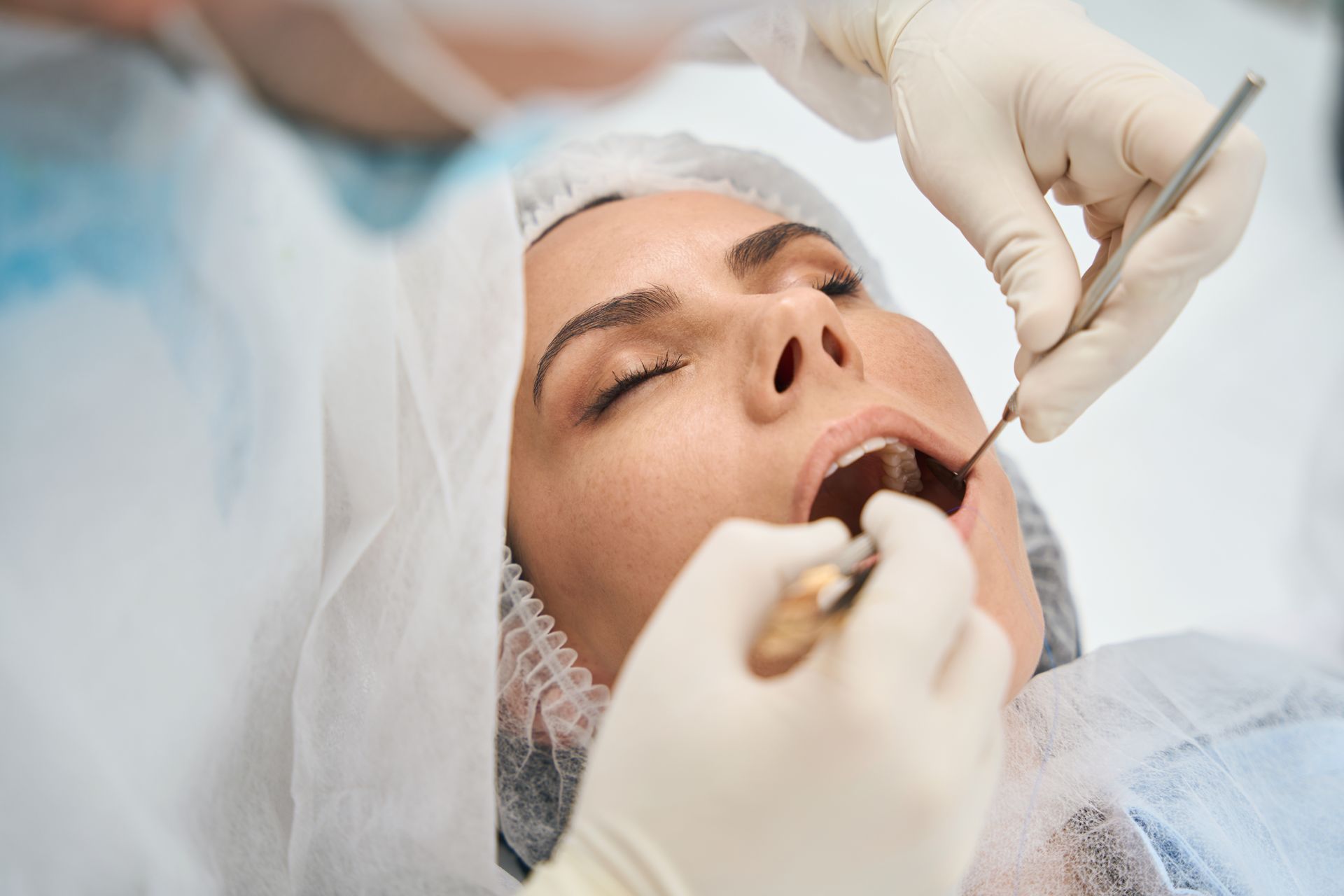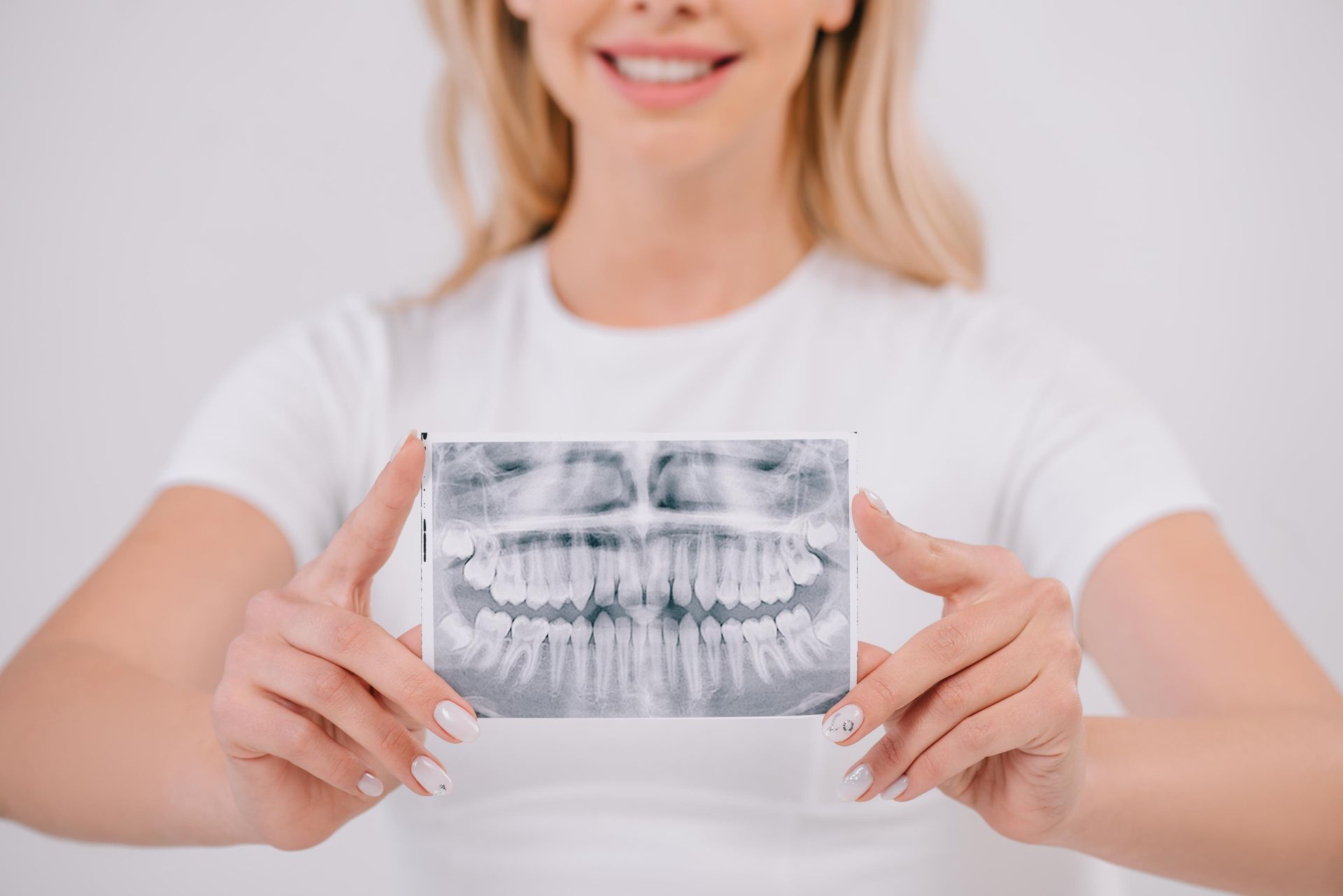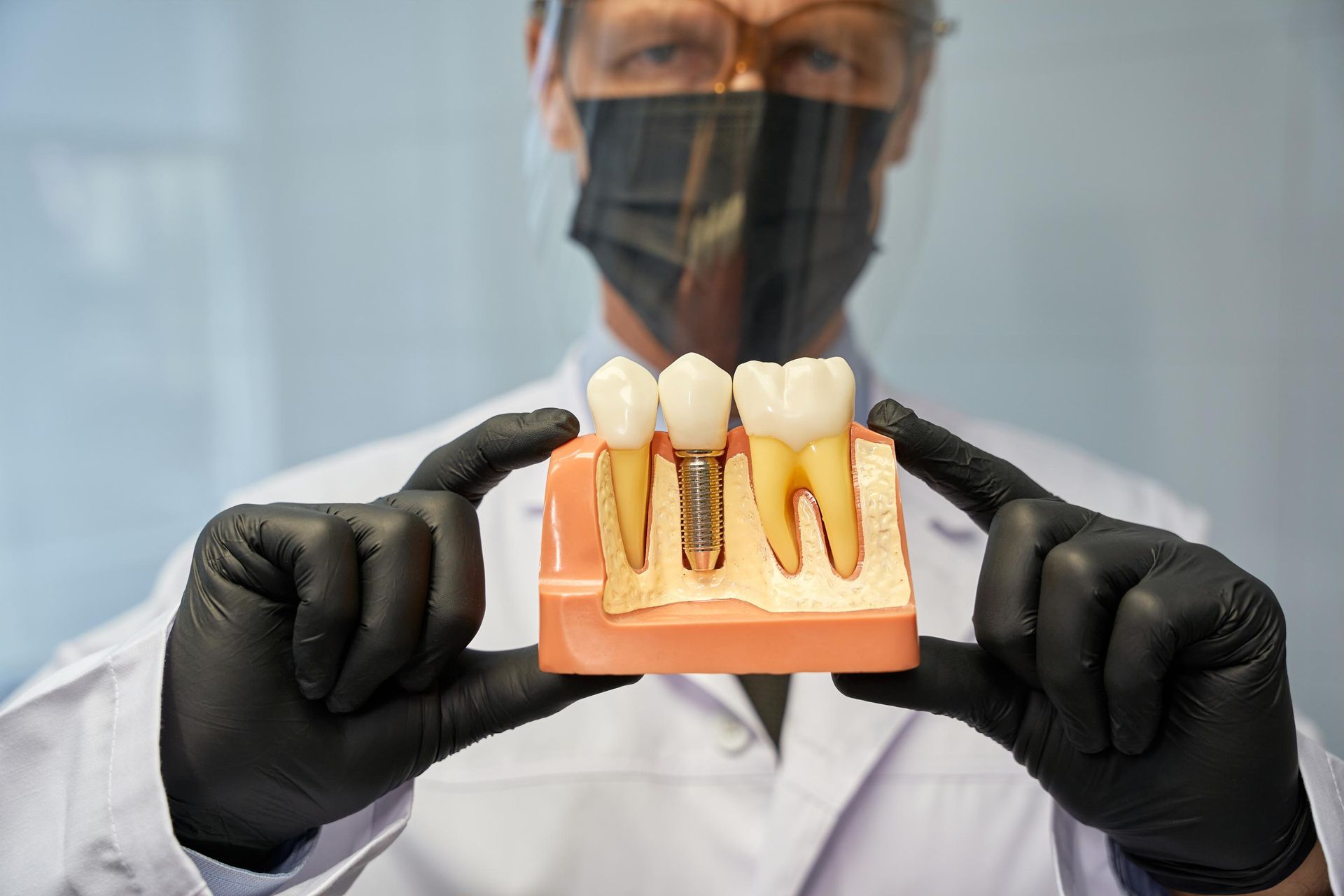Can Dental Implants Cause Cancer? Busting the Myths and Getting the Facts
Introduction
Dental implants have changed the face of modern dentistry, providing a permanent and reliable solution for missing teeth. However, some concerns have risen about their safety, especially whether dental implants can cause cancer. In this blog, we’ll separate the myths from the facts, look at the science and get clarity on this topic.
The Myth: Do Dental Implants Cause Cancer?
Patients are concerned if dental implants can cause cancer. This myth likely stems from titanium and its long term integration into the jawbone. However, research and clinical data have found no link between dental implants and cancer.
The Facts: Scientific Evidence on Dental Implants and Cancer
Numerous studies have looked into the relationship between dental implants and cancer, specifically oral squamous cell carcinoma (OSCC). Findings show:
- No Link: There is no scientific evidence to link dental implants to cancer.
- Extremely Rare Cases: While some individual cases of OSCC have been reported near dental implants, these are very rare and often associated with other risk factors like smoking, alcohol use or pre-existing conditions.
- Titanium is Biocompatible: Titanium, the material used in implants, is biocompatible and does not trigger carcinogenic effects.
Understanding Peri-Implantitis vs Cancer Concerns

One of the sources of confusion is peri-implantitis, a condition where inflammation occurs around the implant due to poor oral hygiene or bacterial infection. Some symptoms of peri-implantitis, like swelling and tissue changes, can mimic early signs of oral cancer. But these are two different conditions that require different treatments.
What Can Increase Oral Cancer Risk?
While dental implants themselves do not cause cancer, some factors can increase risk of oral cancer:
- Smoking and Tobacco Use
- Excessive Alcohol Consumption
- Poor Oral Hygiene and Chronic Infections
- HPV (Human Papillomavirus) Infection
- Genetic Predisposition
How to Ensure Safe and Successful Dental Implant Treatment
To minimize risks and ensure a successful dental implant experience, follow these steps:
- Choose a Qualified Dental Professional: A skilled and experienced implant dentist will ensure proper placement and monitoring.* Good Oral Hygiene: Brush, floss and get regular cleanings to prevent peri-implantitis.
- Regular Dental Check-Ups: Get regular exams to detect and address any issues early on.
- Healthy Lifestyle: Avoid tobacco, limit alcohol and eat a balanced diet.
Conclusion: Dental Implants are Safe
Based on science and expert opinion, there’s no reason to believe dental implants can cause cancer. They’re a safe and proven tooth replacement solution for millions of people worldwide. If you have questions about implants and your mouth, always consult a dental professional.
Frequently Asked Questions
Orlando Lifestyle Dentistry
Are dental implants toxic to the body?
No, dental implants are not toxic to the body. Most dental implants are made from medical-grade titanium, a biocompatible material that integrates safely with bone (a process known as osseointegration). Titanium is widely used in medical applications, including joint replacements, due to its non-reactive nature and long-term stability in the body. In rare cases, some individuals may have a sensitivity or allergy to metals, in which case ceramic (zirconia) implants are an alternative.
Do dental implants increase the risk of cancer?
No, dental implants do not increase the risk of cancer. There is no scientific evidence linking dental implants to oral cancer or any other form of cancer. While a few rare cases of oral squamous cell carcinoma (OSCC) have been reported near implants, they are extremely uncommon and usually associated with other risk factors like smoking, excessive alcohol consumption, or pre-existing conditions. Titanium implants are considered safe and non-carcinogenic.
Can dental implants cause problems years later?
While dental implants have a high success rate, problems can arise years later if they are not properly maintained. Some potential long-term issues include:
- Peri-implantitis – An infection and inflammation around the implant due to poor oral hygiene, which can lead to bone loss.
- Implant failure – Though rare, implants can fail due to poor integration with the bone, excessive stress, or medical conditions like osteoporosis.
- Mechanical complications – Such as loosening of the implant crown or screw, which can typically be repaired by a dentist.
Regular dental check-ups and good oral hygiene significantly reduce the risk of long-term complications.
Are dental implants worth the risk?
For most people, yes, dental implants are worth the investment. They offer significant benefits compared to other tooth replacement options, such as:
- Improved function and aesthetics – Implants look, feel, and function like natural teeth.
- Durability – With proper care, implants can last decades or even a lifetime.
- Bone preservation – Unlike dentures or bridges, implants help prevent bone loss in the jaw.
While there are risks, such as infection or implant failure, these are rare and can be minimized with proper dental care and choosing an experienced dentist.
What is the negative side of dental implants?
While dental implants have many advantages, there are some downsides to consider:
- Cost – Implants can be expensive, especially if multiple teeth need replacement.
- Surgical risks – Like any surgery, there’s a small risk of infection, nerve damage, or sinus complications (for upper jaw implants).
- Time commitment – The full implant process can take several months, requiring multiple visits.
- Potential failure – While the success rate is high (~95-98%), some implants may fail due to health conditions, poor healing, or excessive stress.
Despite these drawbacks, most patients find that the benefits of dental implants far outweigh the negatives, especially when they maintain proper oral care and choose a qualified dental provider.











